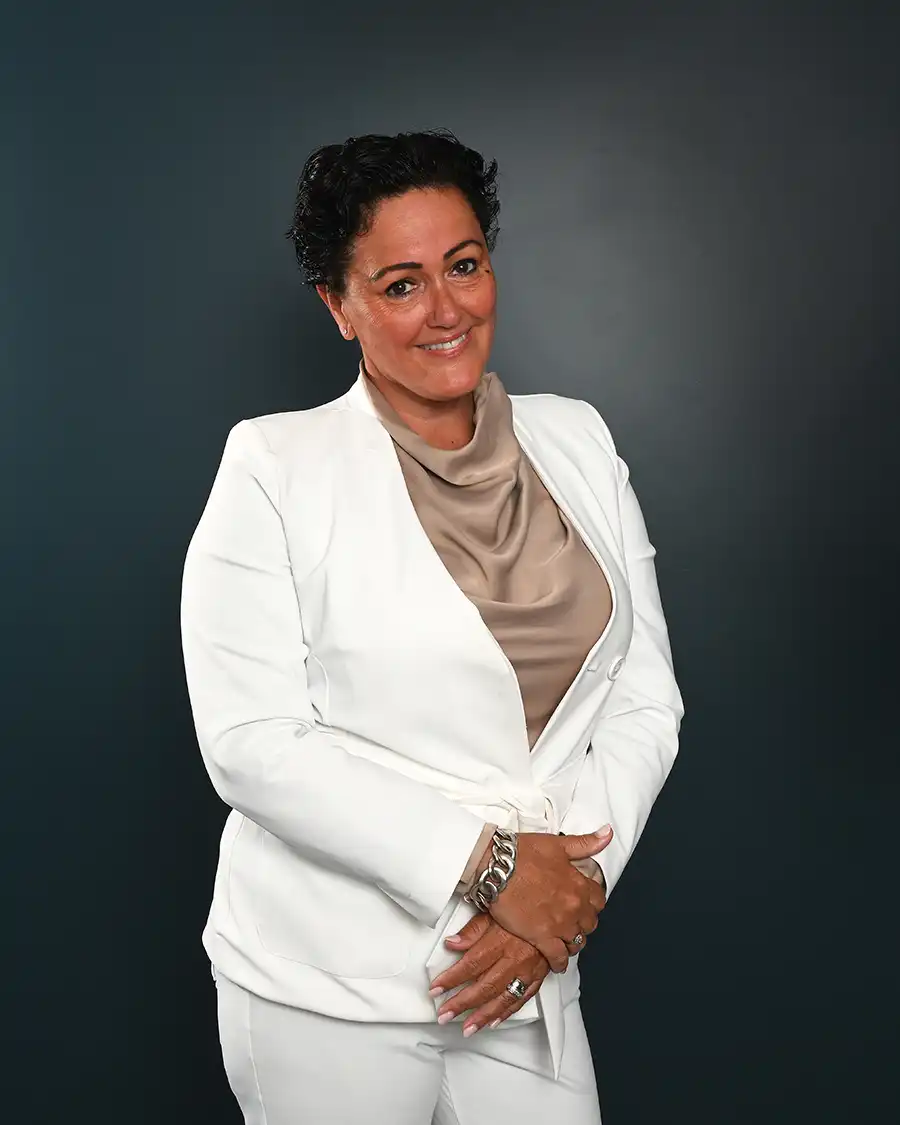Veelgestelde vragen
Naast het regelen van de uitvaart dient u een Verklaring van erfrecht te laten opstellen door een notaris. Tijdens de opmaak van een Verklaring van erfrecht wordt onder andere vastgelegd wie de erfgenamen zijn en wie verantwoordelijk is voor het afwikkelen van de nalatenschap.
Na een overlijden is het ook verstandig banken op de hoogte te stellen zodat de bankrekeningen geblokkeerd worden.
Bij het Centraal Testamentenregister kunt u controleren of de overledene een testament heeft laten opstellen. De inhoud van het testament kunt u daarentegen alleen via de notaris te weten komen; mits u belanghebbende bent.
Het verschil is onder andere dat een testament wordt opgesteld door een notaris en een codicil niet. Een codicil is een door de erflater eigenhandig geschreven tekst, voorzien van de datum waarop het geschreven is met zijn of haar handtekening. In een codicil wordt een specifiek benoemd bezit (bijvoorbeeld een sieraad, meubelstuk of kunstobject) aan iemand nagelaten. Omdat een codicil niet wordt vastgelegd bij een notaris, is er een kans dat het codicil zoek kan raken. Ook is een codicil fraudegevoelig.
In sommige gevallen lukt het erfgenamen niet om gezamenlijk tot een afwikkeling te komen. In andere gevallen kunnen erfgenamen niet in staat zijn om de nalatenschap af te wikkelen, bijvoorbeeld doordat zij in het in het buitenland verblijven, vanwege emotionele belasting of vanwege een slechte gezondheid. Partiar kan als onafhankelijk executeur hierbij helpen. Een onafhankelijke executeur handelt altijd in het belang alle erfgenamen en niet alleen van één of meerdere erfgenamen. Bij het afwikkelen van een nalatenschap komen vaak complexe zaken kijken die de nodige juridische en fiscale kennis vergen. Partiar gaat professioneel en zorgvuldig te werk en neemt zo in een periode van rouw veel zorg uit handen.
Een executeur moet van vele markten thuis zijn: financiële en fiscale kennis hebben, polissen kunnen beoordelen en het testament kunnen uitleggen, onroerend goed kunnen verkopen et cetera. Daarnaast wordt ook goed contact met erfgenamen van hem verwacht en moet de executeur hen regelmatig informeren over de voortgang van de afwikkeling.
Over het algemeen is dit geen probleem, maar hangt onder andere af van de inhoud van het testament.
Weigert u het executeursschap, dan staat meestal in het testament wat de vervolgstappen zijn. In het testament kan bijvoorbeeld een tweede executeur zijn benoemd. Deze tweede executeur treedt op na weigering of wanneer de eerste executeur is overleden.
Weigeren alle benoemde executeurs het executeursschap? Dan kan bijvoorbeeld een schuldeiser bij de kantonrechter een verzoek indienen om een vereffenaar te laten benoemen. Partiar kan de procedure begeleiden.
Een testament kan veel ruzie voorkomen. Met een testament geeft u zelf aan wat uw wensen zijn wat betreft uw vermogen of andere bezittingen. Daarnaast kunt u vastleggen wie verantwoordelijk wordt voor de afwikkeling van de nalatenschap, de executeur. Mocht u uw familie niet met deze taak willen belasten, kunt u hiervoor een onafhankelijk executeur als Partiar benoemen.
De regels waaraan een executeur zich moet houden zijn te vinden in het testament en boek 4 van het Burgerlijk Wetboek. Worden de regels niet goed gevolgd, dan kan de Kantonrechter eventueel worden ingeschakeld om de executeur te corrigeren. Daarnaast moet een executeur uiteraard het testament uitvoeren. Meer informatie hierover leest u onder andere op de website van NOVEX.
Nee, maar voor het laten opstellen van een Verklaring van erfrecht of de Verklaring van executele heeft u wel een notaris nodig. Dit hoeft niet de notaris te zijn die het testament heeft gemaakt, dit kan iedere notaris zijn.
U kunt bij het Centraal Testamentregister (CTR) controleren of er een testament bestaat. Daarentegen kan de inhoud van het testament alleen via een notaris kenbaar worden gemaakt en alleen aan erfgenamen en/of een executeur.
De kosten van de afwikkeling mogen worden betaald uit de nalatenschap.

Marieke de Geus
Neem contact met ons op
Staat uw vraag er niet bij? Vul dan ons contactformulier in en wij nemen contact met u op.

